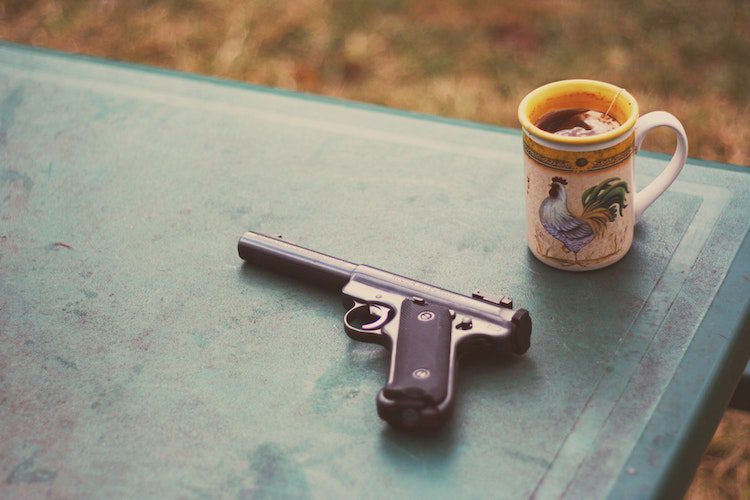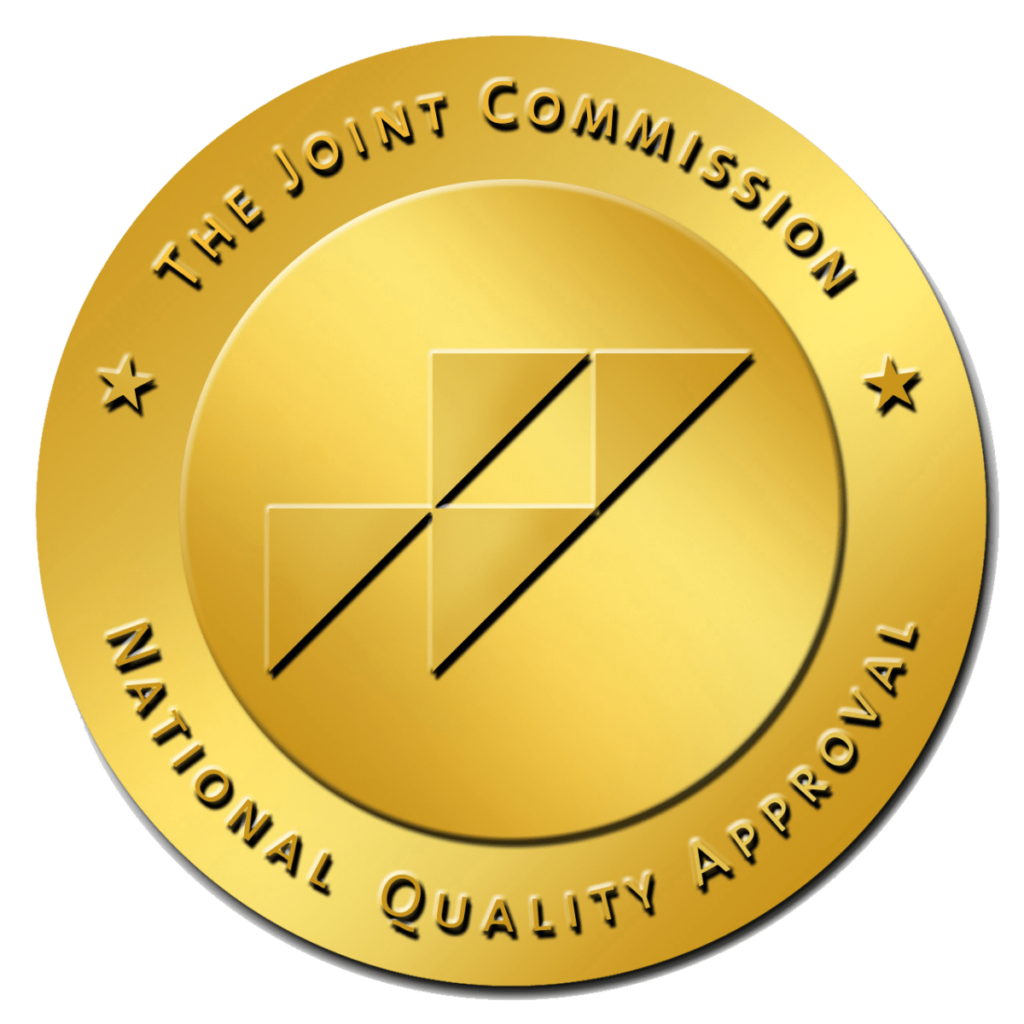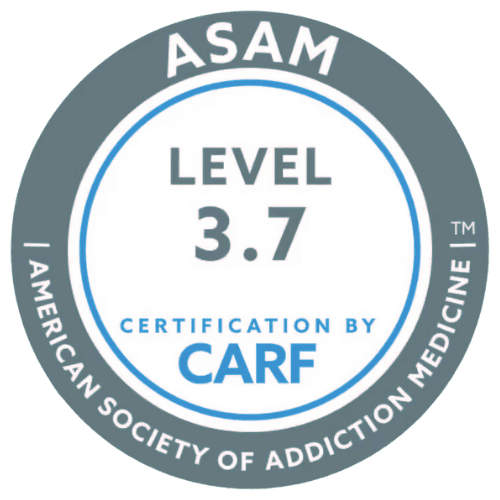When people hear about deaths from guns, they often think about murders, but it is actually far more common for people to end their own lives with firearms than to kill someone else. Guns are used in about half of all suicides, according to the American Hospital Association.
Firearms are also the most lethal form of suicide. This means that if a person decides to attempt to end their life, the odds of them being able to change their minds or medical professionals being able to save them once the attempt begins are far less than any other means they could use. For this reason, it is very important to keep people who are suicidal safe from guns.
Take All Statements About Suicide Seriously
It is important to listen when people make statements about wanting to die or about killing themselves. While sometimes people say these things in frustration or when joking, it is important to clarify and show concern regardless. If a person says they do intend to take their life, plan to do so in the immediate future, and have a course of action in mind, it is appropriate to call 911 or take them to the nearest emergency room right away.
Ask About Their Plan
If a person tells you that they are considering ending their life, it can be helpful to know what they plan to do and when. Whatever object they mention wanting to use to harm themselves should be made less accessible, if possible.
Protect Suicidal People from Guns
Even if the suicidal person doesn’t mention using a gun, because of the exceptionally high risk of death if they were to attempt with a firearm, and the fact that suicidal people can sometimes act impulsively, it is still a good idea to remove their access to guns until they are stable. There are a number of ways that this can be accomplished:
- Option 1: Getting Rid of Firearms – The most ideal option is to remove firearms from a suicidal person’s life entirely, in case they have a relapse in the future. Guns can be sold or donated.
- Option 2: Storing the Gun and Ammunition at a Different Location – In some cases, it may not be possible or desirable for a firearm to be sold. The next safest option would be for the firearm and ammo to be stored somewhere that the person does not live or work. It is better still if the suicidal person does not know where the gun will be. Some law enforcement agencies and gun ranges allow guns to be stored on their premises. A family member or friend may also be willing to store the firearm and/or ammunition. Be sure the person accepting responsibility has an appropriate method to secure the gun.
- Option 3: Securing the Gun in the Home – There may be situations where the gun does need to remain in the home, such as when another person in the family is required to carry a firearm for their job. In this case, all guns should be stored in a secure manner, such as in a lock box, gun safe or using a cable lock. For added security, the key or combination should be inaccessible to the person who is suicidal. Ideally, firearms would be stored disassembled, with key components in different locations and ammunition also stored separately. Even if the person manages to access all of the components and ammunition, having to gather everything together may slow them down enough to think twice about pulling the trigger.
Get Them Help
A person who is suicidal needs more than their means of ending their life removed. They need support to address the underlying causes of their desire to die. The National Suicide and Crisis Lifeline is available 24 hours per day, every day of the year, by calling or texting 988. The trained crisis counselors at this number can provide a person in crisis or their loved ones information about outpatient support in the local area and help them to assess if a higher level of care is urgently needed.
Highland Hospital is staffed with a team that is happy to help answer your questions about suicidal thoughts and treatment for suicidal ideation. We have been providing compassionate and professional mental health care to the West Virginia community for over sixty years. We’re ready to take your call.









